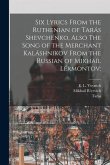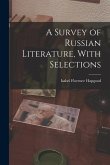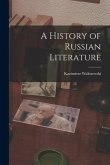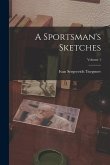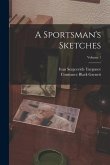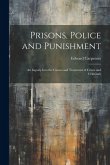In early nineteenth-century Russia, members of jocular literary societies gathered to recite works written in the lightest of genres: the friendly verse epistle, the burlesque, the epigram, the comic narrative poem, the prose parody. In a period marked by the Decembrist Uprising and heightened state scrutiny into private life, these activities were hardly considered frivolous; such works and the domestic, insular spaces within which they were created could be seen by the Russian state as rebellious, at times even treasonous. Joe Peschio offers the first comprehensive history of a set of associated behaviors known in Russian as "shalosti," a word which at the time could refer to provocative behaviors like practical joking, insubordination, ritual humiliation, or vandalism, among other things, but also to literary manifestations of these behaviors such as the use of obscenities in poems, impenetrably obscure allusions, and all manner of literary inside jokes. One of the period's most fashionable literary and social poses became this complex of behaviors taken together. Peschio explains the importance of literary shalosti as a form of challenge to the legitimacy of existing literary institutions and sometimes the Russian regime itself. Working with a wide variety of primary texts--from verse epistles to denunciations, etiquette manuals, and previously unknown archival materials--Peschio argues that the formal innovations fueled by such "prankish" types of literary behavior posed a greater threat to the watchful Russian government and the literary institutions it fostered than did ordinary civic verse or overtly polemical prose.
Hinweis: Dieser Artikel kann nur an eine deutsche Lieferadresse ausgeliefert werden.
Hinweis: Dieser Artikel kann nur an eine deutsche Lieferadresse ausgeliefert werden.


